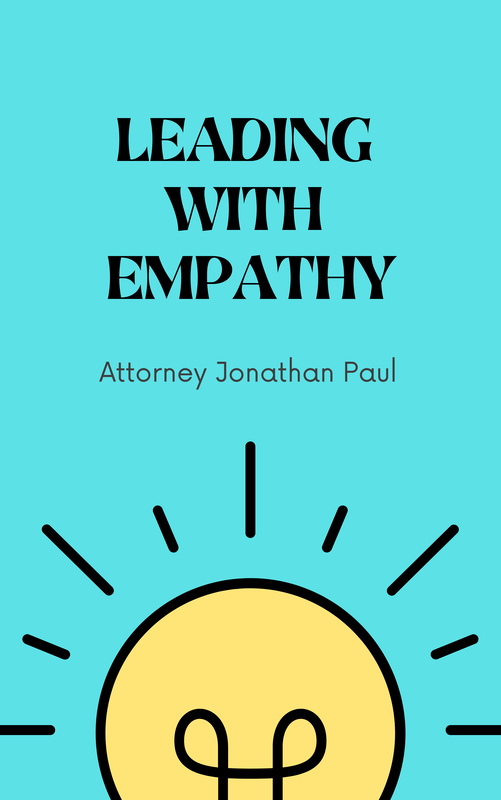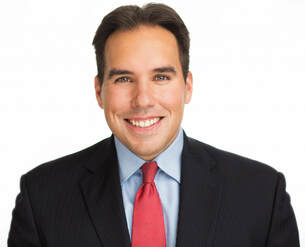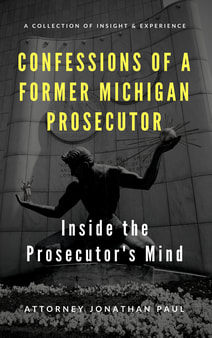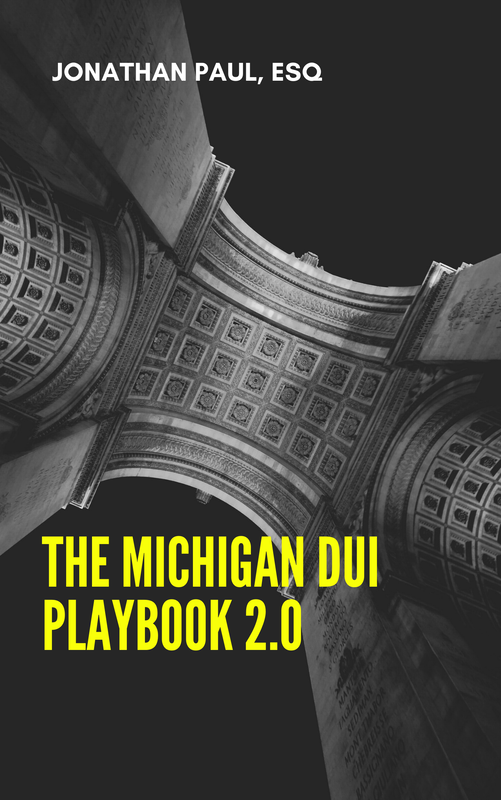|
If my client has followed the proactive program, we have likely resolved the case with the prosecutor in a very favorable way. This may have meant a reduction in charges, down to a lower drunk driving charge, or to a non-drunk driving offenses.
No matter what deal we work out with the prosecutor, the judge is aware of what the original charge was, and could simply treat the sentence as if my client plead guilty to the original higher charge. An example of this would be if my client was originally charged with Operating with a High BAC, and say their BAC level was 0.24. If I am able to leverage my client’s proactive achievements into a reduction in charges to Operating While Intoxicated, or even better, the judge may still focus on the original facts of the case. Although having the High BAC charge avoids a mandatory ignition interlock on your case, a judge can still make that part of your sentence even if you plead to a lower charge. Same can be said about things like mandatory jail time on second offenses if we’re able to get the charge reduced to a first offense. Same goes with probation. Most impaired drunk driving cases receive 6 to 12 months of probation, while a High BAC case tends to be 12 to 24 months. If your case is reduced from High BAC to Impaired Driving, you would think you’d receive the typical Impaired sentence, but most judges will still treat it like the more serious charge. These situations are why my proactive program is so important. When a client of mine resolves a case with an impressive reduction in charges, I make the point to explain to the judge WHY the reduction was made; my client earned it, it wasn’t just handed over to get rid of the case. I want the judge to know that despite some of the unfavorable facts in the case, my client has already started the process of moving on and learn from the situation, which we hope and believe was, and will be isolated. It’s also my goal to cover many parts of a sentence in advance. For example, if I know a judge typically sentences a client to 50 hours of community service, I will have my client do it ahead of time. It’s better for my client to pick the organization, spend their time with the organization without the “court ordered” cloud over their head, and not have the penalty of jail hanging over their head if they fail to accomplish the community service. I also don’t want my clients being ordered to pick-up trash on the side of the road in the winter. We do the same for AA meetings, alcohol education/treatment and having a substance abuse assessment done ahead of time. Ideally, our own professional is doing the evaluation, and not the one hand picked by the court. We may also be able to do what is known as same day sentencing if we have done the evaluation ahead of time. This saves my client at least two trips to court, a meeting with probation, and starts the clock on probation. When you’re ordered to return for sentencing, this could be two months later, which basically ads two months to your probation. Michigan Drunk Driving: Employment & Education Consequences
If you've been convicted of a Michigan drunk driving offense, there could be major ramifications for your employment, various licensing and/or higher education. - Licensed brokers under federal and state law could lose their ability to be a brokers - When you fill out a job application, you must check the yes box for convictions - You may need to disclose your conviction to Human Resources, which could lead to employment termination - You could lose a company car, and/or the insurance policy, which covers that vehicle - Inability to rent a car from national chains, which could affect business trips and vacations - A licensed professional (lawyer, doctor, dentist etc) may have their license suspended or revoked. - Applicants for the above mentioned professional licenses may have their application denied or delayed - You may be denied a concealed weapons permit, which could put a job in jeopardy, which requires ability to carry a weapon - A commercial driver's license could be suspended or revoked, which could affect employment. - You may lose your employee sponsored health and/or life insurance policy, which could leave your family and loved ones without coverage - You may be denied security clearance, which may cost your job with that employer - Military career may be terminated or limited due to a DUI conviction - You may be denied admission to college or professional schools (law school, business school, nursing, medical school etc) - A teacher may lose his/her job because of a DUI conviction - A pilot could have their license suspended or revoked due to a conviction. - You may be denied the ability to work as a bartender or waitress - If you are a member of a union, you may be terminated if you do not report your conviction. - All CPA's must report DUI convictions under the Sarbarnes-Oxley Act. - Scholarship athletes could lose their scholarship and be kicked out of school for DUI convictions - Celebrities and entertainers could have contracts terminated based on DUI convictions. |
Click to Email Me Categories
All
|
Ann Arbor Office LocationPlymouth Office Location |
Representing DUI Clients in MichiganRepresenting clients charged with a DUI in Ann Arbor, Canton, Brighton, Howell, Saline, Adrian, Taylor, Plymouth, Northville, Westland, Ypsilanti, Pittsfield Towsnhip, Warren, Sterling Heights, Farmington, Pontiac, Romulus, Lansing, Novi, South Lyon, Southfield, Birmingham, Bloomfield Hills, Royal Oak, Troy, Rochester, Jackson, East Lansing, Garden City, Livonia, Dearborn, Detroit, St Clair Shores, Hazel Park, Ferndale, Madison Heights, Waterford, Milford, Shelby Township Clarkston, Oak Park, Berkley, Fraser, Sterling Heights, Clinton Township and others throughout Washtenaw, Wayne, Monroe, Jackson, Genesee, Macomb, Ingham, Lenawee, Livingston and Oakland County.
|







